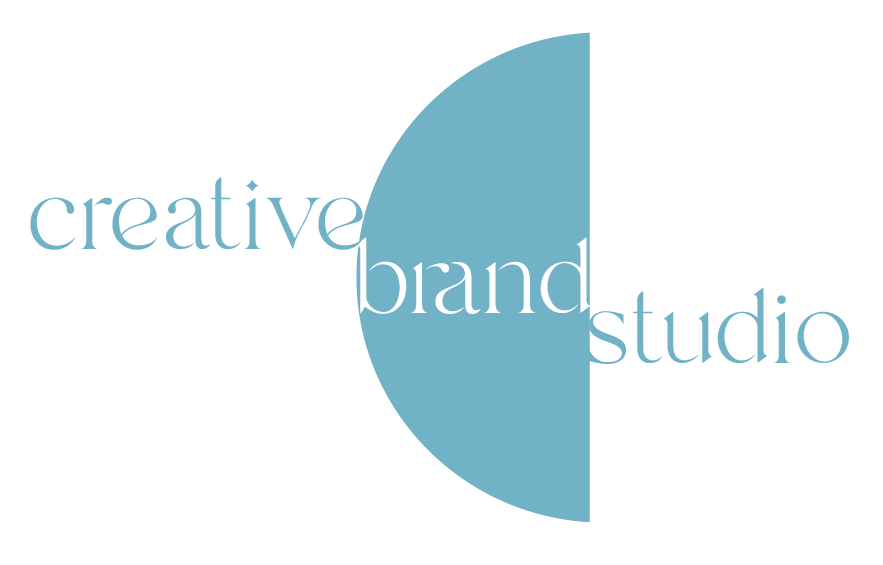One of the hardest challenges for creative people is focus. I have coached many talented people who really struggle to contain the fountain of ideas that keep bubbling in their minds. Living with a creative mind can be a real challenge, both for the individual and the people around them.
For many the challenge is how to find a way of managing this ongoing rush of ideas.
Taking stock
Ideas come in many shapes and sizes and in a whole variety of contexts, they can range from having an idea about a different way of doing things, a long held ambition, ideas related to your work, to even important inventions.
One of the first stages is recognising that not every idea that you have will be a great idea, and although it may be a brilliant idea, you may not be the right person to execute it, and also to try and distinguish between an idea that could make you money and one that is just a fun project.
Given this ongoing stream of potential, if you are struggling to know what to do with your ideas, it can help to regularly set aside time to take stock; with the aim of anchoring down all your current ideas and finding a way of moving forward with them.
Take time to explore
Ideas can come to us at any time, ask any creative person where they get their best ideas and the list will be quite random, but ideas often occur when we are doing mundane things, e.g. in the shower, cooking, gardening etc. For other people it is outside, often doing something physical like walking, running, or swimming, authors often go on ‘plot walks,’
It can be helpful to find a way of capturing fleeting moments of inspiration, by keeping a notebook, recording your voice, using a notes facility, or even scribbling on scraps of paper!
But after that light bulb moment many people need a quiet time to explore and take the idea to the next stage. Our world is naturally noisy, just stop for a moment and listen to the sounds around you.
Quiet time is precious, and if you really want to achieve something important you will need thinking time to order your thoughts and make a plan.
Find Your Thinking Place
Every creative thinker needs to identify their thinking place. Often this is somewhere away from others, it may be in your home, but at a time, or in a place when you are on your own, others go to libraries, or museums where it is quiet.
Having quality thinking time is so important if you are trying to be creative. It can also mean that almost like creating muscle memory, you associate this thinking place with being creative.
Creating an environment and a pattern of behaviour that you associate with the pleasure of thinking creatively will encourage you to start relaxing when you reach this place, and allow your thoughts to take over.
Exploring your ideas
If you want to create an order and pattern to your thoughts it can be helpful to create a structure and this may become a regular activity for you.
Our minds can become overwhelmed with our thoughts and you can feel frustrated that you never seem to make progress with your ideas. If you know that you have a regular time to explore your thoughts it can be a way of allowing your mind to focus and really enjoy the exploration stage.
One of the solutions can be relatively simple and involves two pieces of paper and a pencil. One piece of paper is A4 and the other ideally needs to be larger, A3 or bigger, and I recommended a pencil and rubber as this gives you more freedom to move things around as you refine your choices.
To help with this process try and be quite disciplined about identifying the key areas.
On the A4 piece of paper write a list of everything you want to explore under these two headings:
Current and grounded: These ideas are related to what is currently in your life, but you believe there could be the opportunity to do things differently, or there is further potential to explore.
Future and possible:This is more unknown, where hopes and dreams, or completely new opportunities are explored.
Using this list move onto the larger piece of paper and start to draw circles with each circle containing an idea. e.g.
‘I love painting and I think I could sell my paintings’
At this stage it is about pure exploration and not editing your ideas with ‘yes buts’.
From this circle start drawing lines about the potential within the idea and the opportunities that you could pursue.
For each idea, ask yourself some exploratory questions, here is a sample:
What are the key actions that I need to explore to take this idea further?
If it is a business idea, how much time will it take to get this idea off the ground?
If it is for pleasure, how soon can I get started?
What’s stopping me?
How much money will it take to start?
What resources will I need?
Can I do this on my own, or will I need help from someone else?
Does this idea have the potential to grow?
Recognise that each step will have further steps attached to it, don’t feel pressured to complete everything in one session. You may also find that your mind wanders to other ideas at the same time, just keep making notes and use this template to explore other ideas. If this exploration becomes part of a regular pattern in your life, it can be a reassuring process that means your ideas are never wasted. In time you may also want to encourage trusted others to share the process with you.
One of the most satisfying feelings comes when you finally feel that you have started to anchor down the opportunities. By writing everything down you can begin to create a sense of order. What this does is begin to create a feeling of calm, if you have a bundle of ideas bubbling around in your mind it’s exhausting, finding channels where you can feed these ideas can really help in making the best use of your creativity.
One of the important things is to realise that you are not alone, many creative people throughout history have struggled with the same challenges, Leonardo da Vinci wasn’t just interested in painting, or sculpture, he was an inventor, mathematician, and his interests also extended into music, astronomy, anatomy, botany and much more. Your ability to think creatively is a precious gift, but we sometimes need help to realise its potential.
Taking ideas to the next stage
One of the most magical and satisfying results for creative people is when you finally feel that you have started to create outlets for some of your ideas, and are able to make decisions about how much time and energy to invest in them.
In some cases it is just about devoting time to enjoy the activity, not every idea has to be taken forward as a business idea. It’s important to recognise which opportunities are purely for pleasure and relaxation and which ones have the potential to generate revenue.
You may also find by going through this process of taking ideas to the next stage that you are not as passionate about doing it as you first thought. The more realistically you consider ideas the easier it is to make sensible decisions about their viability.
You may also generate ideas that are of benefit to others, be generous, share your inspiration freely, the more committed we all are to giving something back the better the future will be for everyone.
Feed and nourish your growth
Self-belief is so important, whatever you want to achieve, it is more likely to blossom and bloom if you protect it from negativity and the effects of unwelcome comments. When you are growing your precious ideas protect them in the same way that that you would protect a delicate plant from the effects of damaging elements.
Don’t share your ideas too soon, take time to fully explore the idea yourself, both positively and also from the perspective of your likely worst critic. By putting yourself in their shoes you will be better prepared to understand their arguments and prepare a persuasive counter-argument.
Many objections come from a lack of understanding, or a fear of the unknown.
Refine your choices
This is why it is so important to spend time on your own fully exploring and evaluating your options before sharing, particularly if you anticipate objections. Before presenting a proposal to a partner, work colleagues, or investor you really need to own the idea. Don’t waste precious energy on something that you feel half-hearted about.
If you really want to achieve something, it should glow, beckoning you, it should excite you, motivate you and it may even scare you a little. But the more you explore it, the more familiar it will become to you.
Whatever your idea, take time to reflect on your choices and always take advice before you invest money in any of your ideas.

